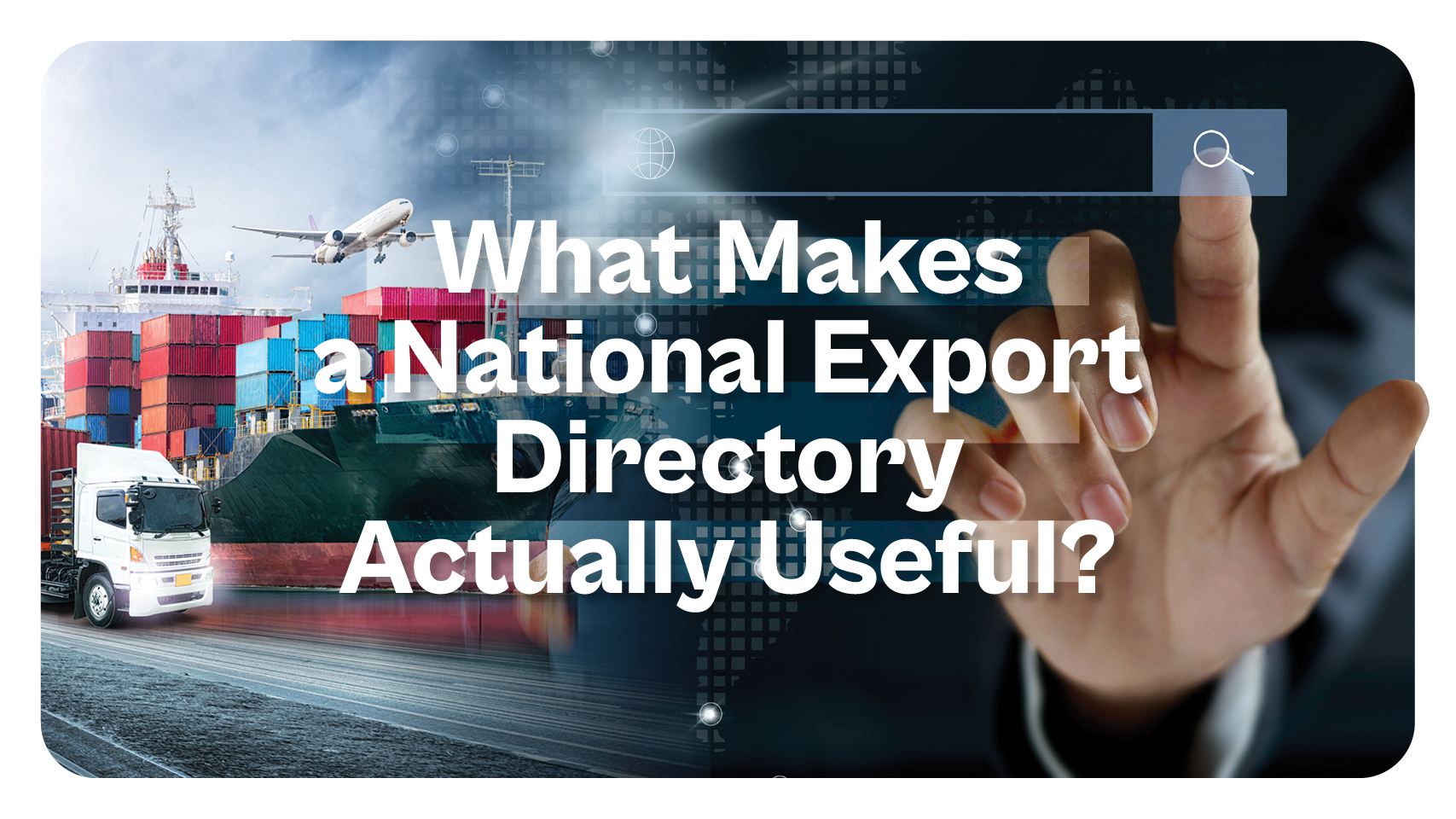
Key Things to Think about when vendors are knocking on a VC or PE's door.

Handling vendors and service providers can prove to be quite complex and overwhelming, especially for the overburdened management team that's meant to stay on top of all the portfolio companies in a private equity firm. With endless lists of vendors, contracts, and tasks scattered across spreadsheets, it can feel like a huge burden to stay updated on the performance of suppliers and service providers. This can lead to missed deadlines, exceeding budgets, and potential compliance issues. All of which can be easily avoided if your private equity firm invests in the right technology to handle vendor management tasks with more efficiency.
That's where vendor management software comes in. It simplifies vendor relationships by storing all the important details in one place.
But how do you know which one to choose?
In this post, we will explore the essential features that distinguish top-tier vendor management software and explain why these features are crucial for effective vendor management.
Before we jump in, let's clarify the main obstacle many PE and VC teams face when managing their portfolio companies.
The Problem: Managing Vendors is Complex and Time-Consuming
If you’ve been managing multiple vendors for some time now, you know how time-consuming it can be to track contracts, payments, and performance. It almost feels like you're babysitting vendors to ensure they deliver on time, stay within agreed-upon budgets, and comply with the rules.
Manually doing this—whether through emails, spreadsheets, or physical paperwork—is not only inefficient but also prone to mistakes. It's also not the most strategic and best use of your time.
This is why investing in a vendor management software solution is essential. It helps you get out of that overwhelmed babysitter role and into the real work that your firm needs you to do.
To help shorten the learning curve of choosing from the growing list of tech solutions out there, we've compiled a list of the fundamental features you should be looking for when making your first or next investment.
1. Vendor Onboarding and Centralized Information
The amount of paperwork involved during onboarding is insane, and, in some industries, continues to grow. So let's find a solution that takes care of vendor onboarding. Great vendor management solutions should simplify this process by automating the collection of necessary documents, contracts, and contact information.
Having everything stored in one central location reduces the need for back-and-forth communication. It also ensures that no vital documents are lost. This makes the onboarding process faster and more efficient, allowing your team to focus on other tasks.
Key Features to Look For:
- Automated document collection
- Centralized database for vendor information
- Easy-to-use onboarding tools
This ensures smooth and organized onboarding for every vendor.
2. Contract Management
Managing vendor contracts can be a nightmare if you don’t have a system in place. Whether it’s a contract renewal, negotiating, or renegotiation, you need to keep an eye on deadlines and terms. A good vendor management software system will include a contract management feature that tracks these important details for you.
With automated reminders, you’ll never miss a renewal or let a contract lapse. This allows you to renegotiate terms or cancel services you no longer need.
Key Features to Look For:
- Automated contract tracking
- Renewal and expiration alerts
- Digital contract storage for easy access
These features ensure that you stay on top of all your vendor agreements without spending hours sifting through paperwork.
3. Vendor Performance Monitoring
Once a vendor is onboarded and the contract is signed, how do you ensure that they are performing well? It used to require manual labor and personal time to babysit service providers so they could deliver on their promises, but not anymore.
Today, the best firms are smart enough to invest in a vendor management platform that allows them to keep an eye on all vendors without too much hassle.
We all know performance is a critical aspect of vendor management, and it directly impacts the goals of portfolio companies. So your firm needs a top vendor management solution that offers tools to track how well vendors are fulfilling their obligations.
You can set key performance indicators for each vendor and use the software to monitor their performance. This can include tracking timely delivery, service quality, and compliance with contract terms.
Key Features to Look For:
- Performance tracking dashboards
- Customizable KPIs for each vendor
- Vendor scorecards and reports
By regularly monitoring vendor performance, you can quickly address any issues and make informed decisions about whether to continue working with specific vendors.
4. Risk Management
Risk is a big concern when managing vendors. What happens if a vendor doesn’t deliver on time or fails to meet regulatory standards? Instead of the hassle of doing follow-up on your own after the fact, a good vendor management system will have protocols in place to help you catch red flags early on and identify, track, and mitigate the most common risks.
For example, the software can alert you if a vendor fails to meet certain compliance standards. It can also track their financial stability, ensuring they’re not at risk of going out of business. These features help you avoid costly mistakes and ensure that your vendors are operating at peak efficiency.
Key Features to Look For:
- Automated risk alerts
- Compliance tracking tools
- Vendor risk assessments
By managing risk, you protect your firm and portfolio companies from financial losses and legal trouble.
5. Automated Payments and Invoicing
Ensuring timely payments to vendors is essential for nurturing positive business relationships. However, the task can be challenging due to the potential for oversight or invoice overload. An effective vendor management software solution should incorporate automated payment and invoicing capabilities to help simplify this process.
Rather than individually reviewing each invoice and initiating payments, the system will perform these tasks automatically. This not only guarantees timely vendor payments but also minimizes the likelihood of incurring late fees or experiencing interruptions in services.
Key Features to Look For:
- Automated invoicing
- Payment scheduling tools
- Integration with accounting systems
Automating payments not only saves time but also improves relationships with your vendors by ensuring they get paid promptly.
6. Compliance and Regulatory Monitoring
In various industries, there are stringent regulations that vendors are required to adhere to. These regulations may encompass data protection laws, labor regulations, as well as environmental standards. It is crucial to verify that your vendors are in compliance with these regulations.
The most effective vendor management solutions available in the market are equipped with comprehensive compliance monitoring tools designed to oversee vendors' adherence to legal and regulatory standards. This includes monitoring insurance certificates and verifying that vendors possess the required licenses for their operations.
Key Features to Look For:
- Real-time compliance tracking
- Automated alerts for non-compliance
- Regulatory updates for your industry
With these features, you’ll be confident that your vendors are always compliant with laws and regulations, reducing the risk of fines or legal complications.
7. Vendor Relationship Management
Good vendor relationships lead to better business outcomes. A vendor management solution that facilitates open communication, streamlined workflows, and any other needs your portfolios might have helps build and maintain strong relationships with all relevant stakeholders and even leaves room for collaboration.
At Proven, we emphasize the power of collaboration and community within the ecosystem of your portfolio companies because we've seen over the years the positive impact strong relationships can have on the bottom line and the growth of the companies.
The best vendor management systems allow you to build strong business foundations, and keep track of vendor history, communication logs, and performance over time. This data helps you understand how valuable each vendor is and allows you to make data-driven decisions about whether to continue working with them.
Key Features to Look For:
- Vendor communication tools
- Vendor history and performance tracking
- Relationship scorecards
With the right relationship management tools, you build trust and ensure that your vendors are motivated to deliver top-quality services.
8. Scalability
As your portfolio grows, so will the number of vendors you manage. That’s why it’s important to choose vendor management systems that can scale with your business. A scalable system will allow you to manage more vendors, contracts, and performance metrics without slowing down or becoming too complex.
Key Features to Look For:
- Ability to add more vendors and contracts
- Flexible reporting tools
- Cloud-based options for easy scaling
Choosing a scalable solution ensures that you won’t outgrow your vendor management system as your firm expands.
The Benefits of Vendor Management Software
Now that we’ve covered the key features, let’s look at the benefits of streamlining your vendor management process for your portfolio companies:
- Increased Efficiency: Automating tasks like contract management, payments, and compliance tracking saves time and reduces the chance of human error.
- Improved Vendor Performance: By monitoring vendor performance and setting clear KPIs, you can ensure that vendors are delivering high-quality services.
- Reduced Risk: With automated risk management and compliance tracking, you can avoid costly mistakes and legal issues.
- Better collaboration and sharing: Creating a unified ecosystem that is open, transparent and giving visibility to all portfolio companies creates a sense of community and enables internal learning. Newer companies can avoid common pitfalls, identify the right tech stack, and gain access to perks and exclusive deals they would otherwise miss out on.
Consider This Before Choosing Your Vendor Management Software
When choosing a vendor management solution, it’s important to consider the needs of your portfolio companies. Think about the number of vendors you manage, the complexity of your contracts, and the specific risks you face. While it is financially wise to consider the vendor management software cost, we find that pricing is typically a function of value.
Some software tools might appear cheaper than others, but what you really need to identify isn't so much the upfront cost but whether it is the right vendor management software for your needs.
You should also consider whether the software integrates with your existing systems, like accounting or procurement systems. And if you're unsure how to tell whether a solution is right for you, we recommend asking deep, purposeful questions to the sales representative before making any commitment.
If you'd like to find out if our vendor management tool, Proven, is ideal for your firm, we're more than glad to answer all your questions and give you a free experience so you can find out for yourself the benefits of working with us.

Conclusion:
Managing supplier relationships for your portfolio companies is a mission-critical activity that shouldn't be overlooked. Trying to do it manually can often become overwhelming and time-consuming, even if you have a dedicated account manager. That's why we recommend approaching the vendor management process through the lens of technology and automation.
By leveraging the functionalities of a reliable vendor management software solution, you can streamline essential processes, reduce or eliminate vendor risks, and elevate the overall performance of your vendors.
There are many solutions in the market today that are considered top-tier, so, always remember to base your criteria on the needs of your firm and portfolio companies. The more customizable and personalized the solution is to your firm, the likelier it is to be an ROI-positive investment. Now that you have an idea of the fundamental features to look for, it's time to make the move.
Don’t let vendor management hold you back.
Try Proven For Free today and see how our vendor management software can streamline your operations and make managing vendors easier than ever before.










